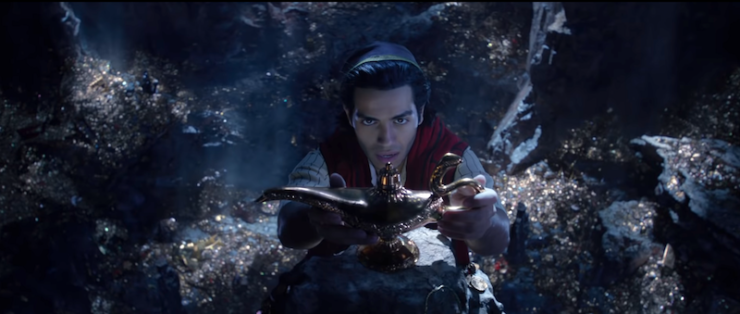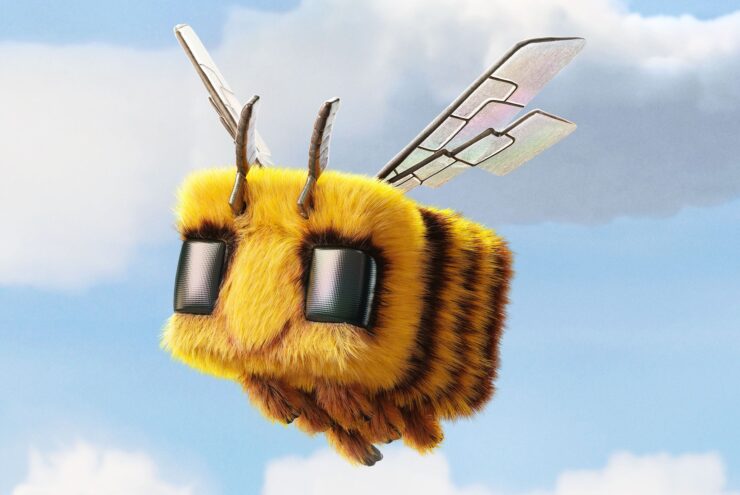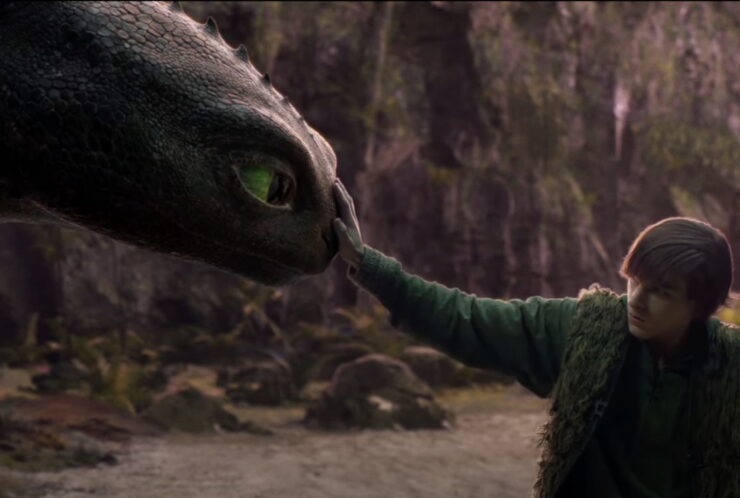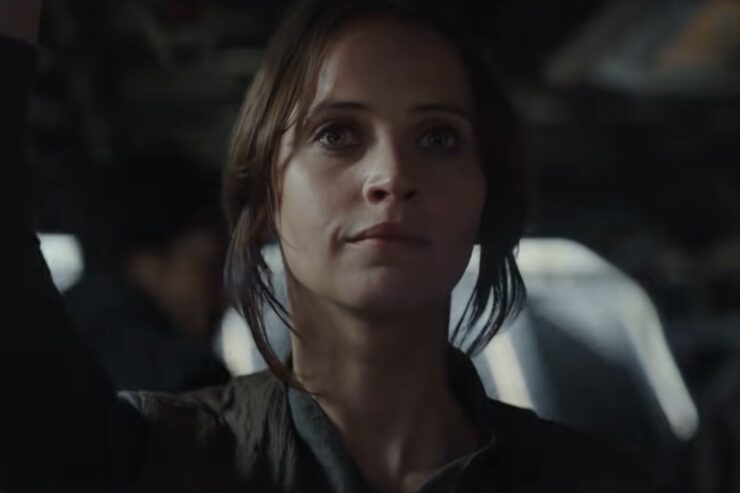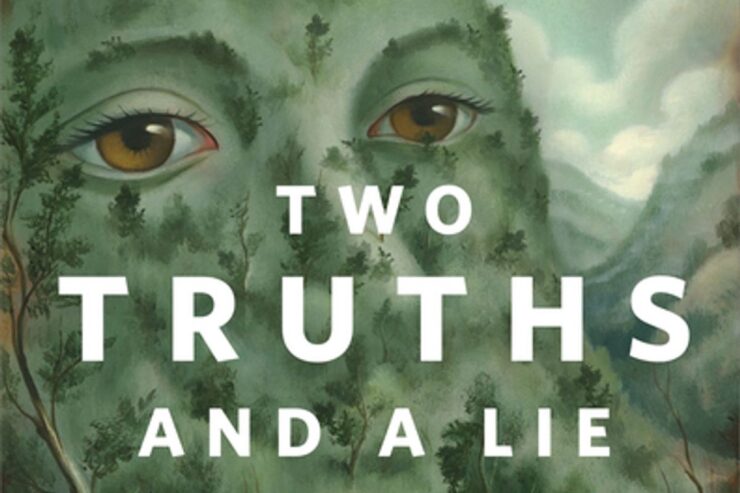It seems that in the pantheon of Disney’s never-ending live-action (or “live-action”, if we’re talking about The Lion King) reboots, we’re often asking “Is this necessary?” This is probably down to the fact that we’re all aware these reboots are, at their cores, a big ole money making scheme. As a result, we rarely feel the need to ask “Is this fun?”
And Aladdin is nothing but fun.
It’s important for me to note that I was braced to be cynical about this film; Aladdin, despite its issues, is easily one of my top Disney movies of all time, something very personal and dear to my heart. I was prepared to have every choice rankle, every alteration sting. I was prepared to miss Robin Williams viciously. Despite the fact that I enjoy the occasional Guy Ritchie film, his choice as director never filled me with much confidence. Disney’s difficulty in casting and production seemed like a terrible omen.
That said, I don’t think I’ve smiled this much in weeks.
This isn’t to say that Aladdin will be held up as some sort of gold standard in filmmaking, that it transcends its original material in great gargantuan leaps. But it seems to appreciate the spirit of its predecessor far better than most Disney remakes. It also seems to understand that it’s a musical better than any of the other remakes (Beauty and the Beast pulled it off occasionally when it stopped trying to capture the animated version’s essence, Jungle Book only tried the exercise halfway), resulting in one of the most visually dynamic and well-choreographed Disney movies in quite some time. Perhaps that shouldn’t be surprising—Guy Ritchie built his career on being an “action guy”, and dance numbers and action sequences have a lot in common when it comes to timing and rhythm and clear framing so that everyone can see what’s going on. But it’s still odd to note that such an action-oriented director ended up directing a Disney film with very few proper action sequences.
So I guess this means I’m saying that Guy Ritchie should direct more musicals? It feels like a weird thing to say. I’m kind of annoyed with myself for thinking it. But I still want it.
Some of his choices are bound to be controversial, but a lot of that comes down to taste—for example, I’m guessing some people won’t be into Aladdin: Parkour Edition, but once he started edging himself between walls and bouncing off roofs, I was sold. The CGI motion capture for Will Smith’s Genie is still unfortunately uncanny and never stops being weird; you can’t help but wonder why this is the route they chose to go rather than a few forced perspective shots a la Lord of the Rings. It does make the character look cheap, unfortunately, sometimes in moments when he needs to feel more emotionally resonant. Thankfully he doesn’t spend the whole film that way, and more thankfully, Will Smith does an excellent job making the character his own while still hitting the beats that it requires to serve as Aladdin’s conscience.
A lot of changes were made to the story in order to eliminate some of the (even for the 90s) incredibly dated commentaries that the original posited. More time is spent fleshing out characters who don’t get that time in the original, including Jafar (Marwan Kenzari), the Sultan (Navid Negahban), and Jasmine (Naomi Scott). With Jafar, the film echoes Gaston in the Beauty and Beast remake, attempting to make the character more realistic in terms of motivation, and actually killing some of his grandeur in favor of showing what it means to crave power at the expense of others. The Sultan is no longer a childlike fool who can’t seem to make his own decisions, but an old man worried for a child he does not believe he can protect from the world. And for Jasmine, the most important question of all is asked—rather than insisting that she must marry by a random birthday, she instead wants to know why she cannot be the Sultan. This arc is a little overblown in in places, but it’s worth it for the fact that Princess Jasmine is now given goals and power worthy of her, along with to two new songs that Scott absolutely nails.
While it’s enjoyable to sometimes watch Disney wrestle with their own mythos and make time to explore other characters and perspectives that they long overlooked, it does lead to a very strange casualty—Aladdin himself has very little to do in this movie, and his character arc seems sidelined when compared to what everyone else is doing. It’s not necessarily a bug within the film; Mena Massoud portrays Aladdin with all the warmth and mischief people will recognize from the original—he’s also an excellent dancer, and wonderfully hapless in his attempts to bring off the Prince Ali persona convincingly—but less time is given to Aladdin’s story, less reason given for his actions. The film seems to think this is fine because it’s aware that most of the audience knows this character and has already seen him go through this particular crucible, but given how much of the story has been changed, it would have been nice to get more of his journey.
The animal and inanimate sidekicks of Aladdin have always stood out, but in this version they’re a bit more toned down for the sake of realism. Abu seems less like a person stuck in a monkey’s body, Rajah is more like a guard-dog-turned-tiger, and Iago is far more sinister, living up to his name. (He is also voiced by Alan Tudyk, who has appeared with such frequency for Disney’s voice acting needs that I’m starting to wonder if they aren’t holding him in a bunker underground and only releasing him when they need him to record dialogue.) The films shines in the places where spectacle is paramount, and those moments are truly explosive, packed to the brim with vibrant colors and motion and fun. Still, there is no pretending that Disney’s Agrabah is anything but a fictional kingdom, and while some of the more overt racism from the original is thankfully absent, there is very little care toward cultural accuracy or specificity of any kind.
All this is to say that the film is far from perfect, but still the most fun I’ve had in a theater in months. If you need a laugh, or you need to be dazzled, or you just need to recapture some childlike joy and wonder, Aladdin might turn out to be just what you need.
Emmet Asher-Perrin needs to go do some Aladdin karaoke right about now. You can bug him on Twitter, and read more of her work here and elsewhere.










